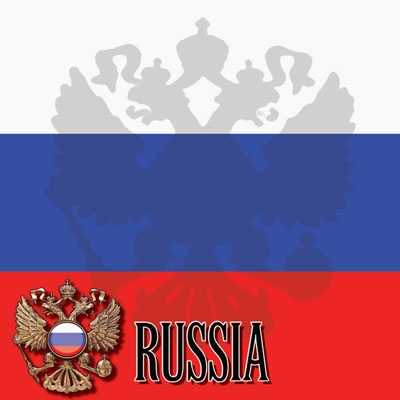Russia expected to resume gas supplies to Europe
 Brussels/Moscow/Kiev - Russia should resume gas supplies to Europe via Ukraine on Tuesday, European Union officials and representatives from Russian state-owned gas monopolist Gazprom said Monday after a deal appeared to have been sealed in Brussels.
Brussels/Moscow/Kiev - Russia should resume gas supplies to Europe via Ukraine on Tuesday, European Union officials and representatives from Russian state-owned gas monopolist Gazprom said Monday after a deal appeared to have been sealed in Brussels.
"If there aren't any obstacles ... gas transits can be renewed already tomorrow, at 8.00 am European time (0700 GMT)," Gazprom deputy chief Alexander Medvedev said during a visit to Brussels.
Under a long-awaited deal that had to be signed twice within the space of a few days, 25 experts from the European Union, Ukraine and Russia are to monitor gas flows at five compressor stations in both Ukraine and Russia and another three stations in Slovakia and Romania.
"As soon as Ukraine names the co-ordinating body, which will act as a control center for collecting information from observes, they can head out," Medvedev said.
The head of the European Commission, Jose Manuel Barroso, said he had informed of the deal by his energy commissioner, Andris Piebalgs.
"The latest information I have from Commissioner Piebalgs is that the agreement is now completely done, the agreement has been reached, and so the gas should be flowing by tomorrow morning at the latest," Barroso said.
Barroso had previously received assurances from Russian Prime Minister Vladimir Putin that the delivery of gas was about to re- start.
His office said in a statement issued after an early morning telephone exchange with Putin that there were "no further reasons or excuses to delay the resumption of the gas supply."
The Czech presidency of the EU welcomed Monday's agreement. The country's prime minister, Mirek Topolanek, had spent the weekend travelling to Kiev and Moscow in a bid to end the deadlock.
The deployment of the international monitoring mission, which is designed to look into Russian allegations that Ukraine has been siphoning off Gazprom gas destined to its European clients, is already underway.
The mission has been prompted by a long-standing commercial dispute between Russia and Ukraine's Naftogaz that has caused severe gas shortages in Europe amid freezing winter temperatures.
Experts say that once the taps are turned back on, it should take about three days for gas from Siberia to transit through Ukraine and reach clients in the EU.
News of a potential breakthrough reached EU energy ministers as they were meeting in Brussels to discuss the consequences of the gas crisis.
The EU-brokered deal on the deployment of international monitors had previously edged on the brink of failure after Ukrainian Prime Minister Yulia Tymoshenko attached a declaration next to her signature on the initial agreement, drawing protest from Russia.
Gazprom and Barroso's office both confirmed Monday that Timoshenko had since removed the declaration.
But experts note that a series of divisive issues still need to be addressed before the dispute can be fully resolved.
These concern payments for gas needed to raise pressure in Ukraine's pipeline system after the embargo ends, Ukraine's possible obligation to Russia of 614 million dollars in late payment fines, Russia's possible obligation to Ukraine for gas supplied to Bulgaria and Moldova, and how long the EU observer mission will operate in Ukraine.
The monitoring deal is also silent on the underlying cause of the gas crisis: the absence of a contract between Gazprom and Naftogaz for natural gas deliveries and onward transportation to Europe.
At least 12 EU states and five EU neighbours have been hard hit by gas shortages since Gazprom turned off all supplies to and through Ukraine - the main transit route for Russian gas heading to Europe.
EU newcomer Bulgaria has seen its gas supplies cut off entirely and stocks all but exhausted, while neighbouring Serbia has been left relying on emergency transfers from Hungary and Germany.
Russia says Gazprom has lost some 800 million dollars as a result of its row with Ukraine. (dpa)